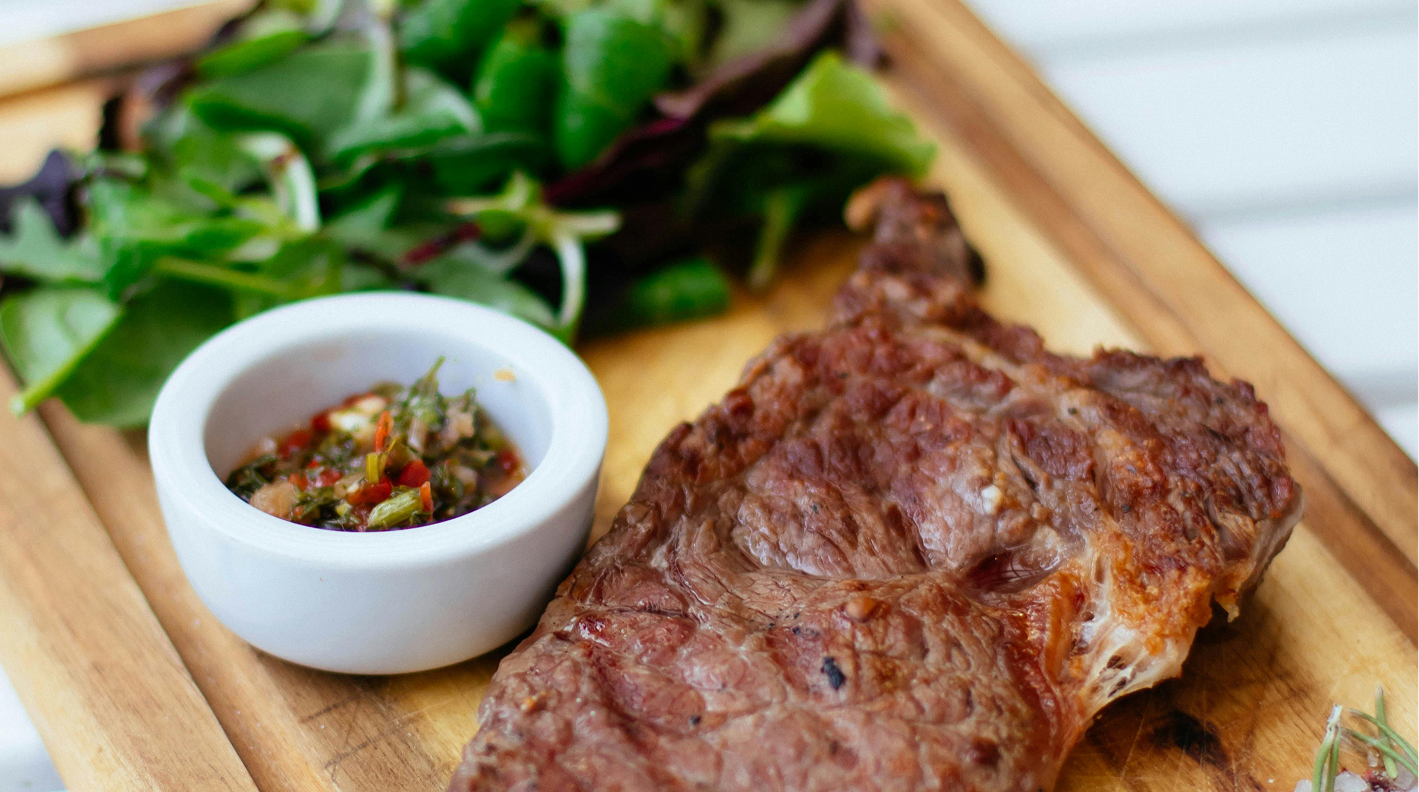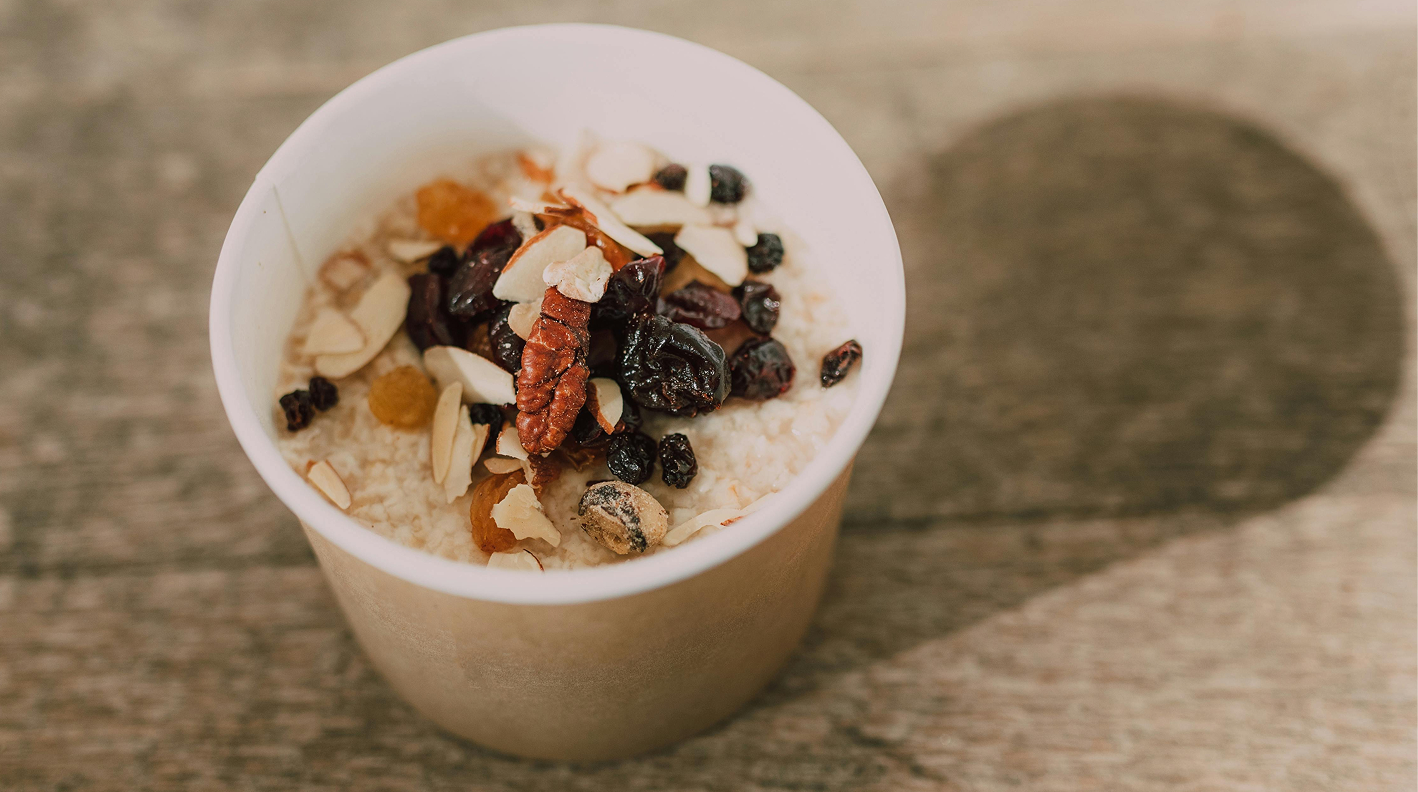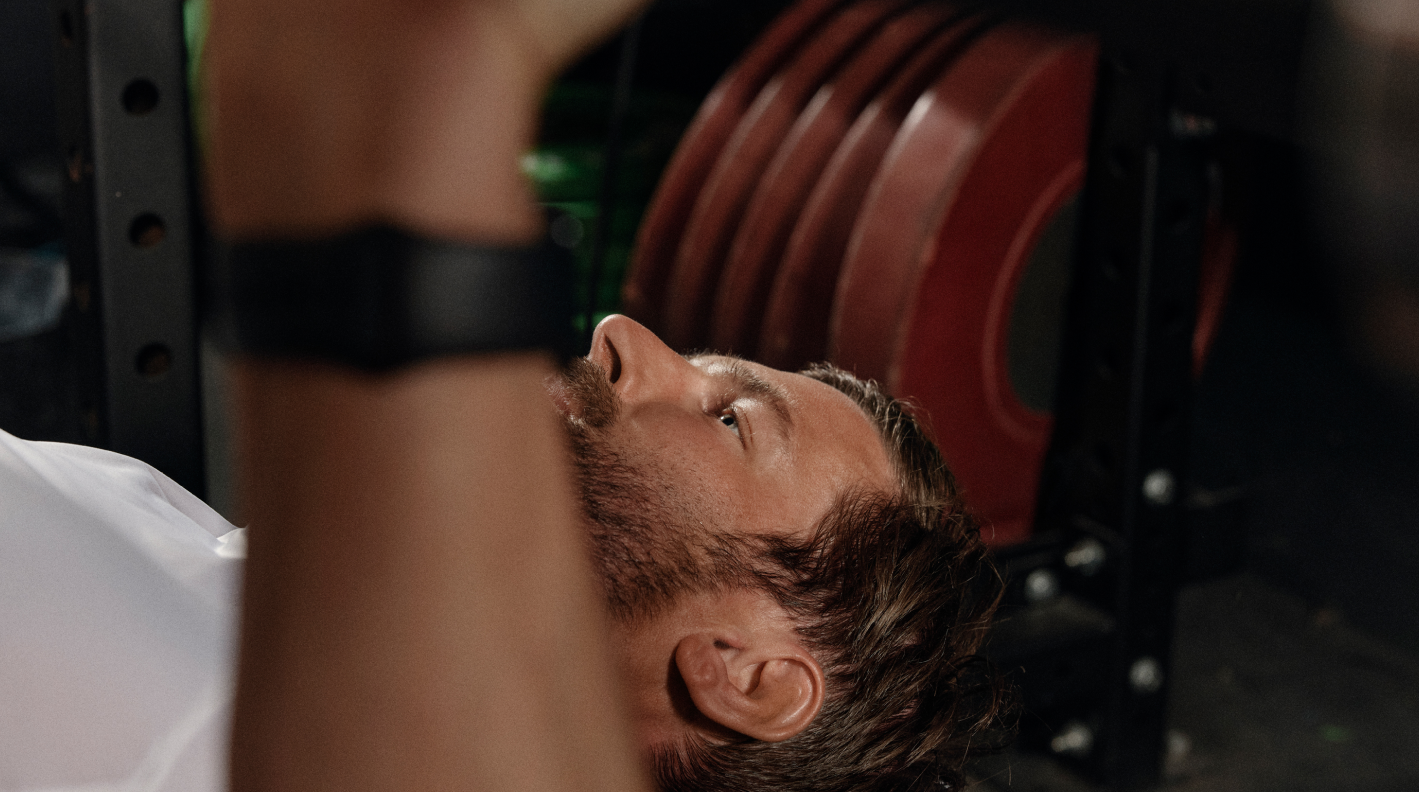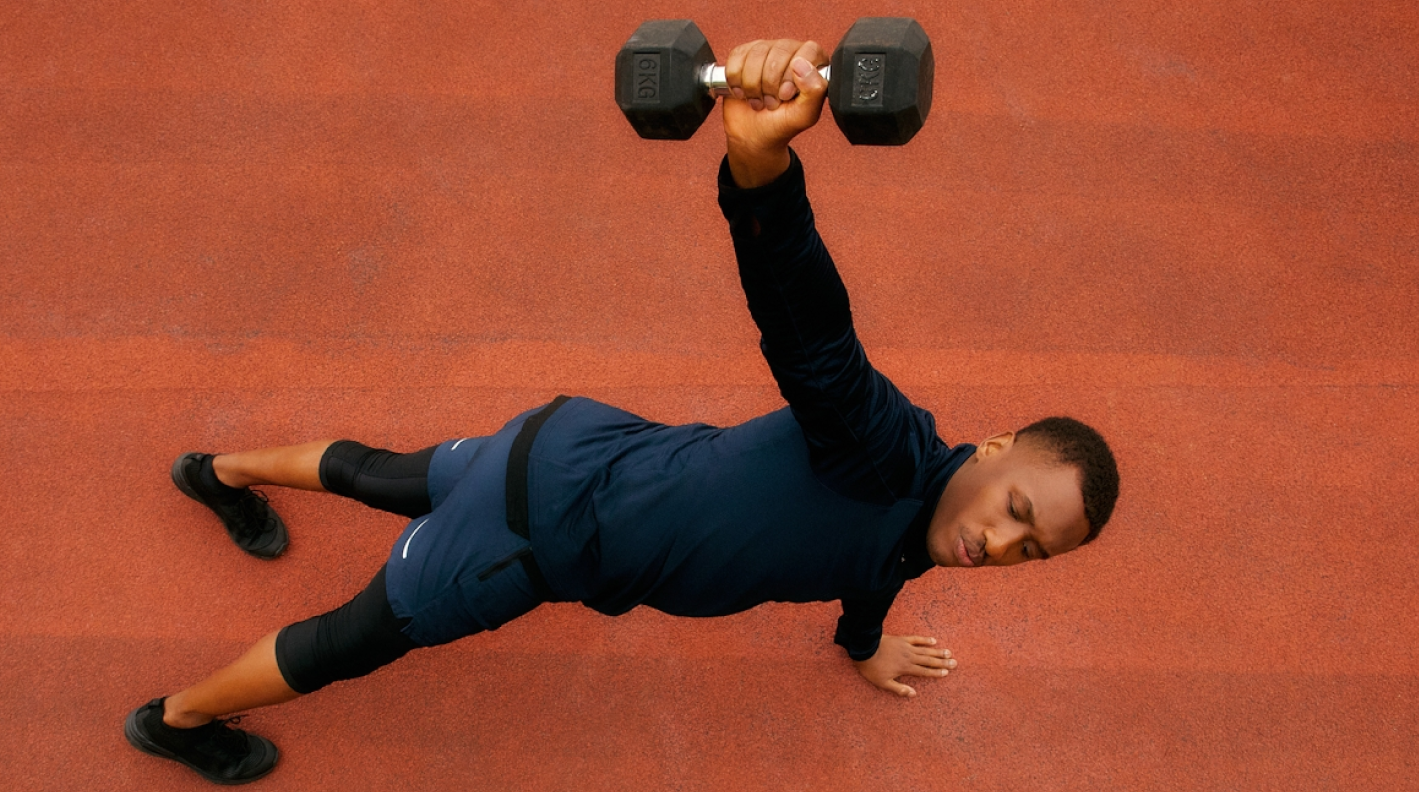7 types of alcohol with the least calories
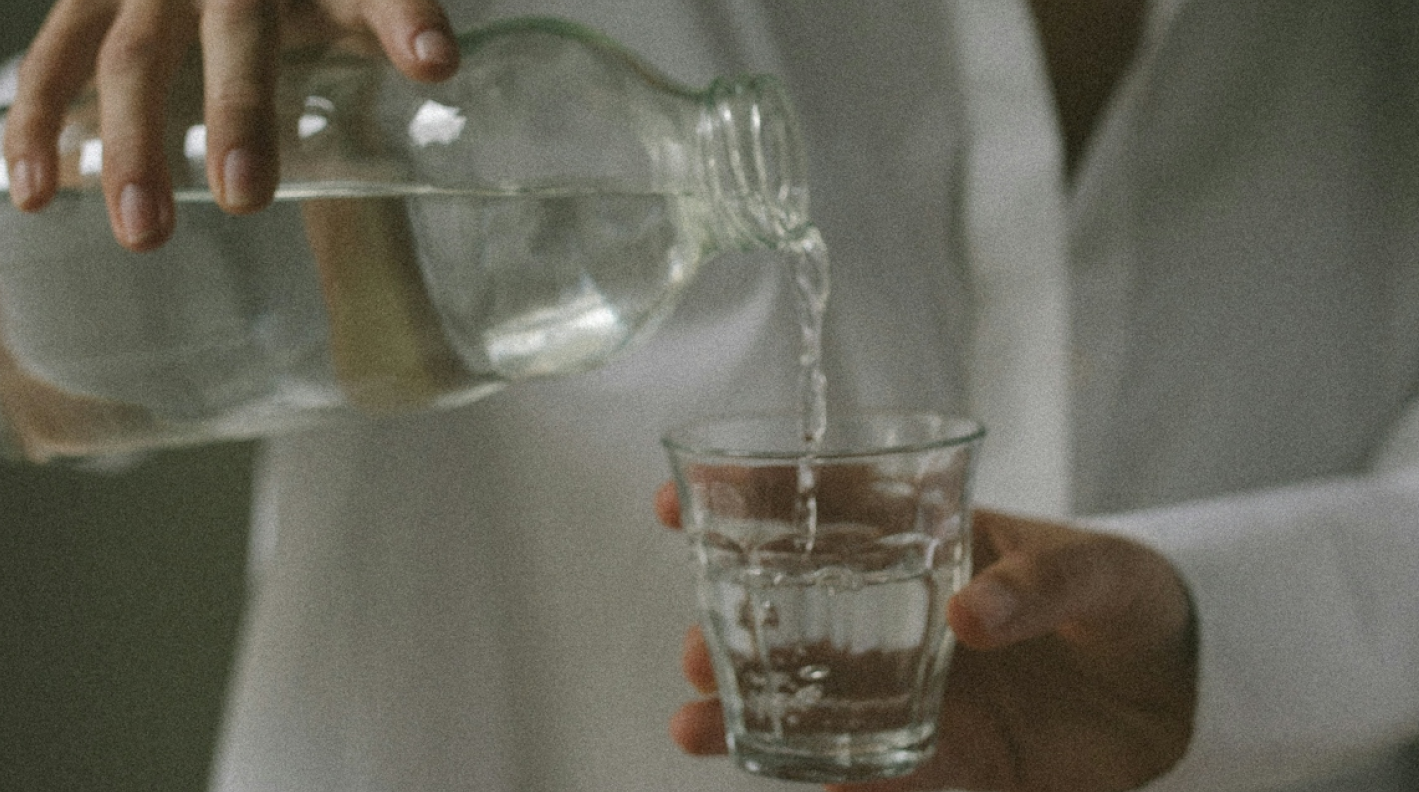
Key takeaways
- Heavy alcohol consumption is linked to weight gain due to high calorie content and its influence on food cravings. While moderate drinking may not directly cause obesity, excessive intake can significantly increase calorie consumption, contributing to fat storage.
- Choices like light beer, vodka soda, gin with diet tonic, or hard seltzers help minimise calorie intake. Opt for dry wines over sweet varieties and mix spirits with low-calorie alternatives like club soda or diet mixers for a smarter drink.
- Reduce calories by choosing diet mixers, fresh garnishes, or low-sugar juices. Limit alcohol consumption, alternate with water, request extra ice, and opt for single drink measures over doubles to enjoy nights out while supporting weight goals.
Heading down to the pub for a night out might seem like the end of any hope of losing weight, but is that the case?
Between 2022 and 2023, an estimated 64% of adults aged 18 and over in England were either overweight or living with obesity [1], and some people like to put the blame squarely on the booze.
We’re going to investigate the link between alcohol and obesity, as well as provide you with a selection of low-calorie alcoholic drinks you can find down at the pub.
The link between alcohol, weight, and body fat
Everyone’s heard of the proverbial beer gut, beer belly, and the spare tyre, but is it fair to link a few beers to weight gain?
A round-up of studies showed that light-to-moderate alcohol intake isn’t associated with weight gain, but heavy drinking is consistently related to weight gain [2].
However, while this might put the kibosh on the issue, the issue is far more nuanced.
The Foundation for Alcohol Research and Education (FARE) also conducted a systematic review of the link between drinking alcohol and obesity [3]. They discovered several key findings:
- The link between the two isn’t clear because studies have found results ranging from alcohol causes obesity to alcohol doesn’t cause obesity to having no association between the two.
- They also found that when there’s a positive association between alcohol consumption and increased body weight, it was likelier to be found in men than women.
- The current data finds that there isn’t enough evidence to conclusively prove the link between beer intake and general or even abdominal obesity.
Considering that, it’s not a green light to drink as much as you want. The reason why you might see the biggest drinkers in your friendship circle sporting beefy guts is because of simple calorie intake.
Ultimately, the key to weight gain and loss is your calorie count.
Get more calories out than you take in, and you should lose weight. Get more calories in than you burn, and you’ll gain weight.
Investigating calories in your alcoholic drink
Many guides recommend X drink vs Y drink because one might be a lower-calorie alcohol, but this is just splitting hairs. Instead, you’ve got to focus on what alcohol represents inside the body. No magic drink will cause you to shed the pounds.
Firstly, a study showed that 1 gram of pure alcohol has 29KJ of pure energy [4].
In the UK, a standard drink, known as a unit of alcohol, contains 8 grams of pure alcohol [5]. Since each gram of alcohol provides approximately 7 calories, this equates to about 56 calories per UK standard drink [6].
This is nearly as bad as a gram of fat but ahead of a gram of carbohydrates [6]. Note that we aren’t adding in the extra calories of mixers like soft drinks.
It’s not difficult to see that if you drink, say, 10 standard alcoholic beverages of around 100 calories on a big Friday night out, you’ve just added 1000 calories to your weekly caloric intake. Repeat this once or twice a week, and it’s easy to see why you’d start piling on the kilos.
Additionally, there’s a more sinister side to drinking large amounts of alcohol. Studies have shown that alcohol can also increase our desire for a juicy burger or a kebab, which are high in fat, salt, sugar, and, of course, calories [7].
Regulars in the pub can quickly see themselves adding thousands of empty calories because of their nights out every single week because of the alcohol, mixers, and the big feed in the aftermath.
Can you drink alcohol and still lose weight?
According to Harvard Health, research from the Czech Republic studied 2,000 adults and found that beer consumption had no relation to girth [8]. Instead, it’s a simple matter of how many calories you consume weekly.
The answer is, of course, multi-faceted, including:
- How much do you drink?
- How often do you drink?
- What are you drinking?
- What are you eating outside of drinking?
- How much do you exercise?
You cannot outrun a bad diet, no matter how many hours you put into the gym.
Some make the mistake of assuming that they can avoid changing their drinking habits just by buying a gym membership. Still, the hard truth is the best course of action is to reduce your alcohol consumption to a more moderate intake and consume fewer calories.
7 lowest-calorie alcoholic drinks
All drinks contain calories in some form, but most come from drinks loaded with sugar and mixers. Low-calorie alcoholic drinks enable you to reduce your intake, but only when you drink in moderation.
If you’re looking to change your drink of choice, here’s a selection of the lowest-calorie alcohols to try at home and in the bar.
1. Light beers
Beer drinkers can make the switch to light beer to reduce their calories and alcohol intake. Most popular beer brands will have a light version, which might even be on tap at your local.
A single standard light beer can have well under 100 calories compared to normal beers, which may have 50% more.
2. Vodka soda
Vodka soda is a classic drink that consists of your vodka of choice with an unflavoured club soda, which typically contains less sugar and lower-calorie ingredients than the flavoured kind.
If you want to add some flavour, consider adding some mint or cucumber, or some lemon or lime juice.
3. White wine
White wine is another top candidate for low-calorie drinks because of the lower alcohol levels and limited sugars. You can also find low-calorie wines, which may have 30% fewer calories than standard white wine.
4. Red wine
Red wine shares many of the same characteristics as white wine. Typically, it has more alcohol, meaning it contains more calories, but not by a significant amount.
If you’re looking to reduce your caloric intake further, choose dry reds over sweet reds because the former contains fewer sugars.
5. Hard seltzers
Hard seltzers can be an excellent alcohol replacement for beers, cocktails, and other mixed drinks. A hard seltzer combines standard seltzer water with alcohol derived from fermented cane sugar.
It often comes in various fruity flavours, which add calories, but you can also find unflavoured hard seltzers that you can add your own flavours through fresh fruit and juices.
6. Rum and diet coke
Rum and coke is a classic enjoyed by many, but the Coke does amplify how many calories you take in. Something as simple as switching to diet or Coke Zero is an easy way to get the calories in your glass under 100kcal.
If you miss the sugary taste of your usual rum and coke, consider adding some fresh lime juice to your glass.
7. Diet gin and tonic
Gin and tonic is another classic drink with a low-calorie alternative. Tonic water contains a surprising number of calories, but there’s an increasingly popular market for diet alternatives. Simply moving to a diet tonic can cut the value of this drink by around 60 calories.
You can also substitute the tonic for a club soda or a seltzer. Luckily, gin alone contains a strong taste of juniper berries, meaning you won’t miss the flavour.
However, if you want an alternative, think of fresh garnishes like grapefruit, rosemary, and cucumber.
Ways to lower the calorie content of your drinks
Alcoholic drinks that are low in calories are the way to go. Likewise, you’ll want to look at low-carb, low-calorie alcohol, as well as how much sugar comes from your mixers. However, your drink choices aren’t the only way to avoid a great night out without putting on weight.
Follow these tips for lowering the calorie content of your night out even further:
- Choose juices with less sugar.
- Opt for the diet version of mixers.
- Swap out powdered drink mixes for fresh fruit and herbs for more flavour.
- Ask for extra ice to make your drink last for longer.
- Change out those double measures for singles.
- Consider alternating between one water for every alcoholic drink.
- Limit your alcoholic intake. According to the Alcohol and Drug Foundation, this should be no more than 10 standard drinks weekly [9].
When it comes to having a night out, many of us are guilty of indulging in calorie-laden drinks. However, with a few simple tips, you can enjoy your night without the added guilt and extra calories.
Ultimately, changing the habits of a lifetime can be difficult, but your body recomposition journey doesn’t have to mean giving up alcohol and good times with friends at your local. And if you need an extra hand, Compound is here to help.
Compound's Body Transformation Programme combines medical treatments, prescriber support and personalised guidance to help you not just lose weight but completely transform your body and health for life.
- Breakthrough medication: Lose up to 21% of your body weight in 72 weeks with once-weekly, clinically proven treatment. It keeps you feeling fuller for longer, so eating less feels natural. Pair them with the Compound Code to lock results in for good.
- Compound Code: Our medication creates opportunity — Compound helps you seize it. Our proven system makes your treatment work harder. The Compound Code builds the muscle, energy, and fitness that medication alone can't deliver. Our holistic approach transforms not just how you look, but how you feel and function daily. So when you eventually finish treatment, your results don't disappear with it.
Heading down to the pub for a night out might seem like the end of any hope of losing weight, but is that the case?
Between 2022 and 2023, an estimated 64% of adults aged 18 and over in England were either overweight or living with obesity [1], and some people like to put the blame squarely on the booze.
We’re going to investigate the link between alcohol and obesity, as well as provide you with a selection of low-calorie alcoholic drinks you can find down at the pub.
The link between alcohol, weight, and body fat
Everyone’s heard of the proverbial beer gut, beer belly, and the spare tyre, but is it fair to link a few beers to weight gain?
A round-up of studies showed that light-to-moderate alcohol intake isn’t associated with weight gain, but heavy drinking is consistently related to weight gain [2].
However, while this might put the kibosh on the issue, the issue is far more nuanced.
The Foundation for Alcohol Research and Education (FARE) also conducted a systematic review of the link between drinking alcohol and obesity [3]. They discovered several key findings:
- The link between the two isn’t clear because studies have found results ranging from alcohol causes obesity to alcohol doesn’t cause obesity to having no association between the two.
- They also found that when there’s a positive association between alcohol consumption and increased body weight, it was likelier to be found in men than women.
- The current data finds that there isn’t enough evidence to conclusively prove the link between beer intake and general or even abdominal obesity.
Considering that, it’s not a green light to drink as much as you want. The reason why you might see the biggest drinkers in your friendship circle sporting beefy guts is because of simple calorie intake.
Ultimately, the key to weight gain and loss is your calorie count.
Get more calories out than you take in, and you should lose weight. Get more calories in than you burn, and you’ll gain weight.
Investigating calories in your alcoholic drink
Many guides recommend X drink vs Y drink because one might be a lower-calorie alcohol, but this is just splitting hairs. Instead, you’ve got to focus on what alcohol represents inside the body. No magic drink will cause you to shed the pounds.
Firstly, a study showed that 1 gram of pure alcohol has 29KJ of pure energy [4].
In the UK, a standard drink, known as a unit of alcohol, contains 8 grams of pure alcohol [5]. Since each gram of alcohol provides approximately 7 calories, this equates to about 56 calories per UK standard drink [6].
This is nearly as bad as a gram of fat but ahead of a gram of carbohydrates [6]. Note that we aren’t adding in the extra calories of mixers like soft drinks.
It’s not difficult to see that if you drink, say, 10 standard alcoholic beverages of around 100 calories on a big Friday night out, you’ve just added 1000 calories to your weekly caloric intake. Repeat this once or twice a week, and it’s easy to see why you’d start piling on the kilos.
Additionally, there’s a more sinister side to drinking large amounts of alcohol. Studies have shown that alcohol can also increase our desire for a juicy burger or a kebab, which are high in fat, salt, sugar, and, of course, calories [7].
Regulars in the pub can quickly see themselves adding thousands of empty calories because of their nights out every single week because of the alcohol, mixers, and the big feed in the aftermath.
Can you drink alcohol and still lose weight?
According to Harvard Health, research from the Czech Republic studied 2,000 adults and found that beer consumption had no relation to girth [8]. Instead, it’s a simple matter of how many calories you consume weekly.
The answer is, of course, multi-faceted, including:
- How much do you drink?
- How often do you drink?
- What are you drinking?
- What are you eating outside of drinking?
- How much do you exercise?
You cannot outrun a bad diet, no matter how many hours you put into the gym.
Some make the mistake of assuming that they can avoid changing their drinking habits just by buying a gym membership. Still, the hard truth is the best course of action is to reduce your alcohol consumption to a more moderate intake and consume fewer calories.
7 lowest-calorie alcoholic drinks
All drinks contain calories in some form, but most come from drinks loaded with sugar and mixers. Low-calorie alcoholic drinks enable you to reduce your intake, but only when you drink in moderation.
If you’re looking to change your drink of choice, here’s a selection of the lowest-calorie alcohols to try at home and in the bar.
1. Light beers
Beer drinkers can make the switch to light beer to reduce their calories and alcohol intake. Most popular beer brands will have a light version, which might even be on tap at your local.
A single standard light beer can have well under 100 calories compared to normal beers, which may have 50% more.
2. Vodka soda
Vodka soda is a classic drink that consists of your vodka of choice with an unflavoured club soda, which typically contains less sugar and lower-calorie ingredients than the flavoured kind.
If you want to add some flavour, consider adding some mint or cucumber, or some lemon or lime juice.
3. White wine
White wine is another top candidate for low-calorie drinks because of the lower alcohol levels and limited sugars. You can also find low-calorie wines, which may have 30% fewer calories than standard white wine.
4. Red wine
Red wine shares many of the same characteristics as white wine. Typically, it has more alcohol, meaning it contains more calories, but not by a significant amount.
If you’re looking to reduce your caloric intake further, choose dry reds over sweet reds because the former contains fewer sugars.
5. Hard seltzers
Hard seltzers can be an excellent alcohol replacement for beers, cocktails, and other mixed drinks. A hard seltzer combines standard seltzer water with alcohol derived from fermented cane sugar.
It often comes in various fruity flavours, which add calories, but you can also find unflavoured hard seltzers that you can add your own flavours through fresh fruit and juices.
6. Rum and diet coke
Rum and coke is a classic enjoyed by many, but the Coke does amplify how many calories you take in. Something as simple as switching to diet or Coke Zero is an easy way to get the calories in your glass under 100kcal.
If you miss the sugary taste of your usual rum and coke, consider adding some fresh lime juice to your glass.
7. Diet gin and tonic
Gin and tonic is another classic drink with a low-calorie alternative. Tonic water contains a surprising number of calories, but there’s an increasingly popular market for diet alternatives. Simply moving to a diet tonic can cut the value of this drink by around 60 calories.
You can also substitute the tonic for a club soda or a seltzer. Luckily, gin alone contains a strong taste of juniper berries, meaning you won’t miss the flavour.
However, if you want an alternative, think of fresh garnishes like grapefruit, rosemary, and cucumber.
Ways to lower the calorie content of your drinks
Alcoholic drinks that are low in calories are the way to go. Likewise, you’ll want to look at low-carb, low-calorie alcohol, as well as how much sugar comes from your mixers. However, your drink choices aren’t the only way to avoid a great night out without putting on weight.
Follow these tips for lowering the calorie content of your night out even further:
- Choose juices with less sugar.
- Opt for the diet version of mixers.
- Swap out powdered drink mixes for fresh fruit and herbs for more flavour.
- Ask for extra ice to make your drink last for longer.
- Change out those double measures for singles.
- Consider alternating between one water for every alcoholic drink.
- Limit your alcoholic intake. According to the Alcohol and Drug Foundation, this should be no more than 10 standard drinks weekly [9].
When it comes to having a night out, many of us are guilty of indulging in calorie-laden drinks. However, with a few simple tips, you can enjoy your night without the added guilt and extra calories.
Ultimately, changing the habits of a lifetime can be difficult, but your body recomposition journey doesn’t have to mean giving up alcohol and good times with friends at your local. And if you need an extra hand, Compound is here to help.
Compound's Body Transformation Programme combines medical treatments, prescriber support and personalised guidance to help you not just lose weight but completely transform your body and health for life.
- Breakthrough medication: Lose up to 21% of your body weight in 72 weeks with once-weekly, clinically proven treatment. It keeps you feeling fuller for longer, so eating less feels natural. Pair them with the Compound Code to lock results in for good.
- Compound Code: Our medication creates opportunity — Compound helps you seize it. Our proven system makes your treatment work harder. The Compound Code builds the muscle, energy, and fitness that medication alone can't deliver. Our holistic approach transforms not just how you look, but how you feel and function daily. So when you eventually finish treatment, your results don't disappear with it.
- https://www.gov.uk/government/statistics/update-to-the-obesity-profile-on-fingertips/obesity-profile-short-statistical-commentary-may-2024
- https://www.ncbi.nlm.nih.gov/pmc/articles/PMC4338356/
- https://fare.org.au/alcohol-and-obesity-a-systematic-review-scoping-study/
- https://pubmed.ncbi.nlm.nih.gov/22378229/
- https://www.drinkaware.co.uk/facts/information-about-alcohol/alcoholic-drinks-and-units/what-is-an-alcohol-unit
- https://www.nhs.uk/live-well/alcohol-advice/calories-in-alcohol/
- https://pubmed.ncbi.nlm.nih.gov/27161271/
- https://www.health.harvard.edu/staying-healthy/beer-belly
- https://adf.org.au/reducing-risk/alcohol/alcohol-guidelines/

